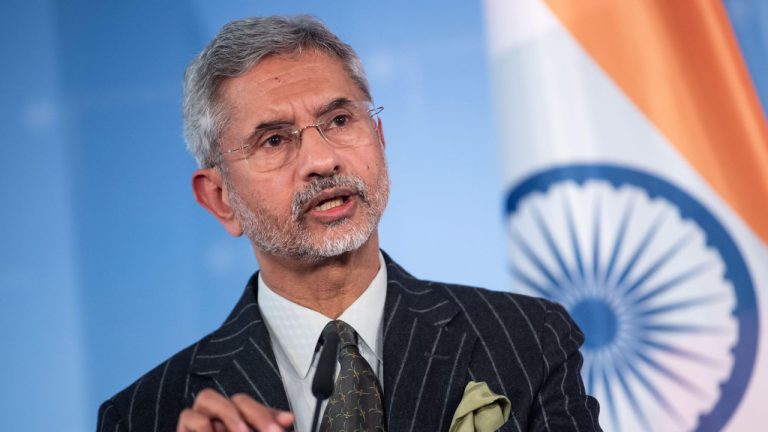
Members of the BRICS alliance are meeting at a summit in Johannesburg, South Africa, in August, focusing attention on the potential for the BRICS bloc to create a gold-backed reserve currency. However, Subrahmanyam Jaishankar, India’s external affairs minister, said India isn’t interested in issuing a common BRICS currency. Instead, he said India is more concerned with strengthening the rupee.
India Snubs Common Currency Idea, Reduces Russian Oil Imports While Increasing U.S. Crude Purchases
In recent times, a great deal of interest is aimed at the BRICS nations — Brazil, Russia, India, China, and South Africa. In August, BRICS ministers plan to discuss adding new members to the alliance and creating a gold-backed common currency. Last week, Rasoul Mousavi, a representative from Iran’s Ministry of Foreign Affairs, told the press that a BRICS currency could benefit Iran and diminish the influence of the U.S. dollar.
Brazil, Russia, China, and South Africa are supporting the creation of a common BRICS currency, but India is not interested, according to Subrahmanyam Jaishankar, India’s external affairs minister. Jaishankar, in a press conference on July 3, 2023, said India is solely focused on bolstering the rupee, the country’s native currency. “On what we will discuss at the BRICS meeting, we’ll have to see because there are many other issues – but there is no idea of a BRICS currency,” Jaishankar stated.
India’s external affairs minister added:
Currencies will remain a national issue for a long time to come.
India’s GDP has proven resilient amid global economic uncertainty, outpacing other members of the BRICS bloc. Moreover, a recent report from Goldman Sachs Research predicts India could become the world’s second-largest economy by 2075. The Times of India reported that India, which has strong ties with the U.S. and Europe, does not want to jeopardize its trade relationships with Western nations by endorsing a “yet-to-be-released BRICS currency.”
Moreover, India has started buying more oil from the United States and reducing its purchases of Russian crude, according to data from energy intelligence company Vortexa. In May, Russian crude made up half of India’s imports. However, in June, daily oil imports from Russia to India fell from 1.96 million barrels to 1.798 million barrels. The Times of India suggests India may be hesitant to invite new members to the BRICS alliance. The newspaper’s contributor, Dr. Prashant Prabhakar Deshpande, says India will want to establish “well-established criteria for qualification.”
In a noteworthy development, preceding Jaishankar’s remarks on July 3, president Joe Biden of the United States and prime minister Narendra Modi of India emphasized the exceptional partnership between their nations, referring to them as two of the “closest partners in the world.”
Is India’s decision to prioritize the rupee over a BRICS common currency a strategic move or a missed opportunity for economic integration? Share your thoughts and opinions about this subject in the comments section below.
#Economics, #Attention, #Bloc, #Brics, #BRICSAlliance, #BRICSCurrency, #CommonCurrency, #Create, #ExternalAffairsMinister, #Focus, #GoldbackedReserveCurrency, #India, #IndiaBRICSCurrency, #Interest, #Johannesburg, #Meeting, #Members, #Potential, #SouthAfrica, #StrengtheningRupee, #SubrahmanyamJaishankar, #Summit